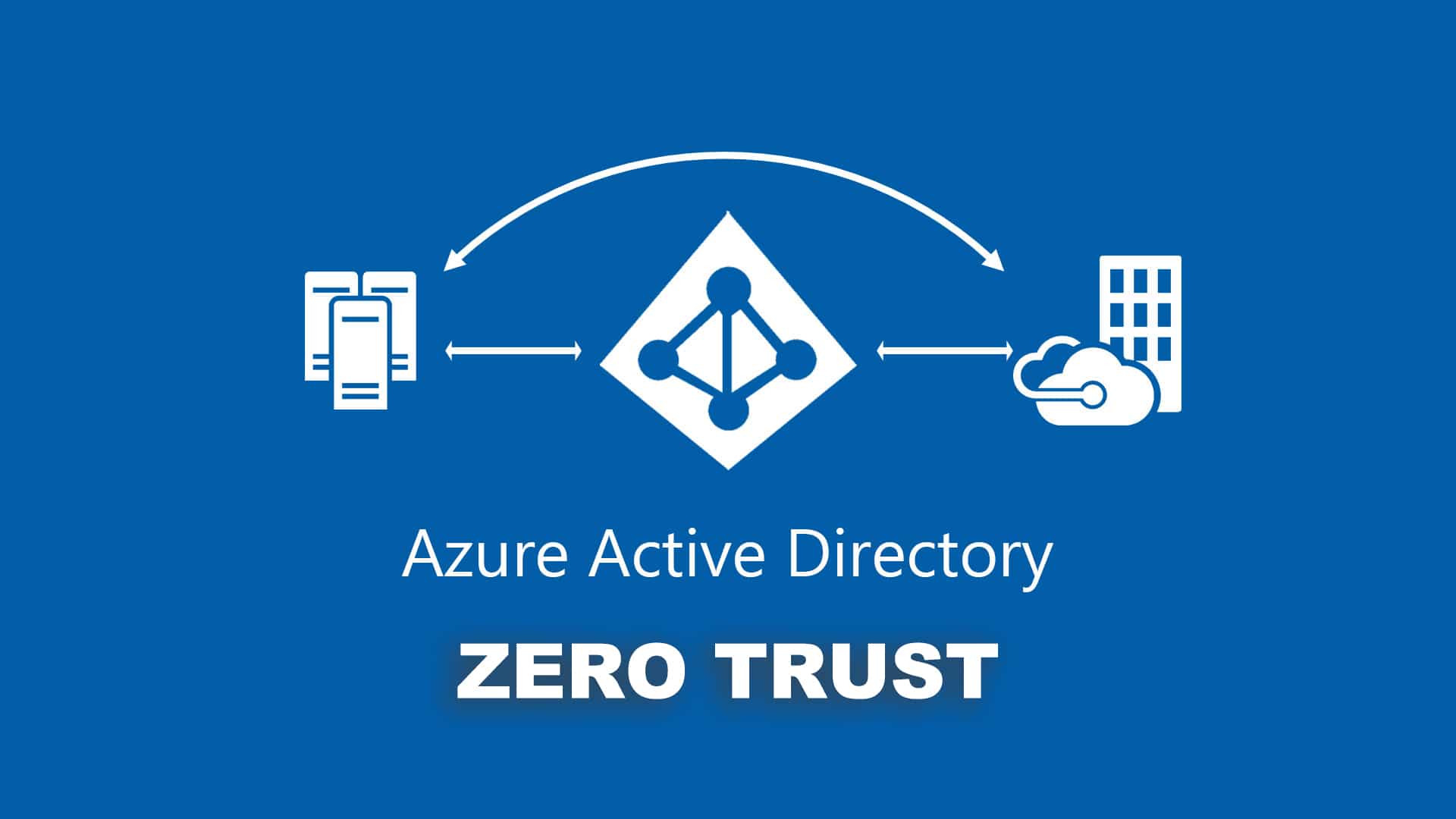How to Create an Environment of Innovation at your Company
Make Innovation Part of Company Culture
 Innovation happens best when it's a company mindset, not just the hobby of a few inclined employees. To create a culture of innovation, it needs to be a clear priority established and communicated by the leadership. The most common scenarios where innovation initiatives fail are when leadership, commitment, and
communication are lacking. Leaders should weave innovation into the organization's overall goals and objectives, and make sure this is established through meetings, newsletters, etc. Give employees a sense of purpose through their role in driving the company forward. Let them know that new ideas are encouraged and there's a safe environment for them to try different approaches. Provide them with tools, examples, and guidance. When hiring, make it clear to applicants that this is a big part of your company's culture, and you will attract those who like to innovate.
Innovation happens best when it's a company mindset, not just the hobby of a few inclined employees. To create a culture of innovation, it needs to be a clear priority established and communicated by the leadership. The most common scenarios where innovation initiatives fail are when leadership, commitment, and
communication are lacking. Leaders should weave innovation into the organization's overall goals and objectives, and make sure this is established through meetings, newsletters, etc. Give employees a sense of purpose through their role in driving the company forward. Let them know that new ideas are encouraged and there's a safe environment for them to try different approaches. Provide them with tools, examples, and guidance. When hiring, make it clear to applicants that this is a big part of your company's culture, and you will attract those who like to innovate.
Embrace Failures
The mantra "fail fast, fail often" can be liberating, especially to perfectionist types who are held back from trying things because of fear of failure. People often have an innate reluctance to put themselves in failure's way. But small failures are inevitable, especially when innovating, and it's better to acknowledge and accept them and then get them out of the way sooner rather than later. Knowing that leaders will be forgiving if failures occur can open up employees' willingness to take some risks with new ideas. Another notion to consider is to embrace failures (with an s)---meaning all the little setbacks and things that won't pan out---while refusing failure in the big-picture sense: if a new process is really desired or necessary, allow for all the failed trials around it, but don't stop working at the overall process of improvement until something is successful.Remove Boundaries (Real and Perceived)
 Have you ever set a goal and then found yourself creating excuses for why you haven't gotten it started yet? The same can happen at an organizational level. If leaders or teammates are always talking about future ideas that aren't quite ready to be approached, they should stop and ask whether the obstacles in their way are real or
perceived. Sometimes, setting up tools and resources needs to be done to remove real limitations. Making sure strong
cybersecurity is established in digital environments, for example, is a crucial step toward allowing for safe innovation. Other times, organizations may realize that they already have more available to them than they've given themselves credit for. It may be that employees want to try new things, but they fear that they'll be judged or scolded for tinkering. Letting them know that's not the attitude of your organization can remove that mental block.
Have you ever set a goal and then found yourself creating excuses for why you haven't gotten it started yet? The same can happen at an organizational level. If leaders or teammates are always talking about future ideas that aren't quite ready to be approached, they should stop and ask whether the obstacles in their way are real or
perceived. Sometimes, setting up tools and resources needs to be done to remove real limitations. Making sure strong
cybersecurity is established in digital environments, for example, is a crucial step toward allowing for safe innovation. Other times, organizations may realize that they already have more available to them than they've given themselves credit for. It may be that employees want to try new things, but they fear that they'll be judged or scolded for tinkering. Letting them know that's not the attitude of your organization can remove that mental block.
Set up Designated Innovation Time
 Another great way to facilitate innovation is to set up a designated time (or amount of time) for trying new things. This also creates a clear structure and expectation that workers will appreciate. Decide how much time you want teammates to spend on moving things forward and improving the company---working "on" the organization in addition to working in it. Also, consider what you want your innovation to look like: new services, products, or processes---or all three. Then make sure the team knows that this time is set aside just for working on those goals. If teammates need even more structure, you might consider assigning certain people to particular trial projects.
Another great way to facilitate innovation is to set up a designated time (or amount of time) for trying new things. This also creates a clear structure and expectation that workers will appreciate. Decide how much time you want teammates to spend on moving things forward and improving the company---working "on" the organization in addition to working in it. Also, consider what you want your innovation to look like: new services, products, or processes---or all three. Then make sure the team knows that this time is set aside just for working on those goals. If teammates need even more structure, you might consider assigning certain people to particular trial projects.
Work with Innovative Partners
Finally, if your organization or leadership wants to make these strides but could use some guidance, it always helps to surround yourself with innovative thinkers and work with partners who are used to forward movement. A routine-oriented CEO may want to find an "innovation buddy" in a trusted partner who can help with motivation and ideas. A more structured idea with sure-fire returns is to adopt Innovation Services. Working with a company that's committed to innovation is a great way to get things rolling and provide the advising that's necessary to propel your business forward. If you'd like to explore new ways to improve your company and create an environment of innovation, we're always happy to chat!Stay connected. Join the Infused Innovations email list!
Share this
You May Also Like
These Related Posts
What Can Your Organization Achieve with Innovation Services?


What Can Your Organization Achieve with Innovation Services?
May 2, 2022
4
min read
Take a Break! Why Work Breaks are Crucial, Especially if You're Working from Home


Take a Break! Why Work Breaks are Crucial, Especially if You're Working from Home
September 6, 2022
4
min read
A Zero Trust Guide for Azure AD


A Zero Trust Guide for Azure AD
May 11, 2020
4
min read
No Comments Yet
Let us know what you think